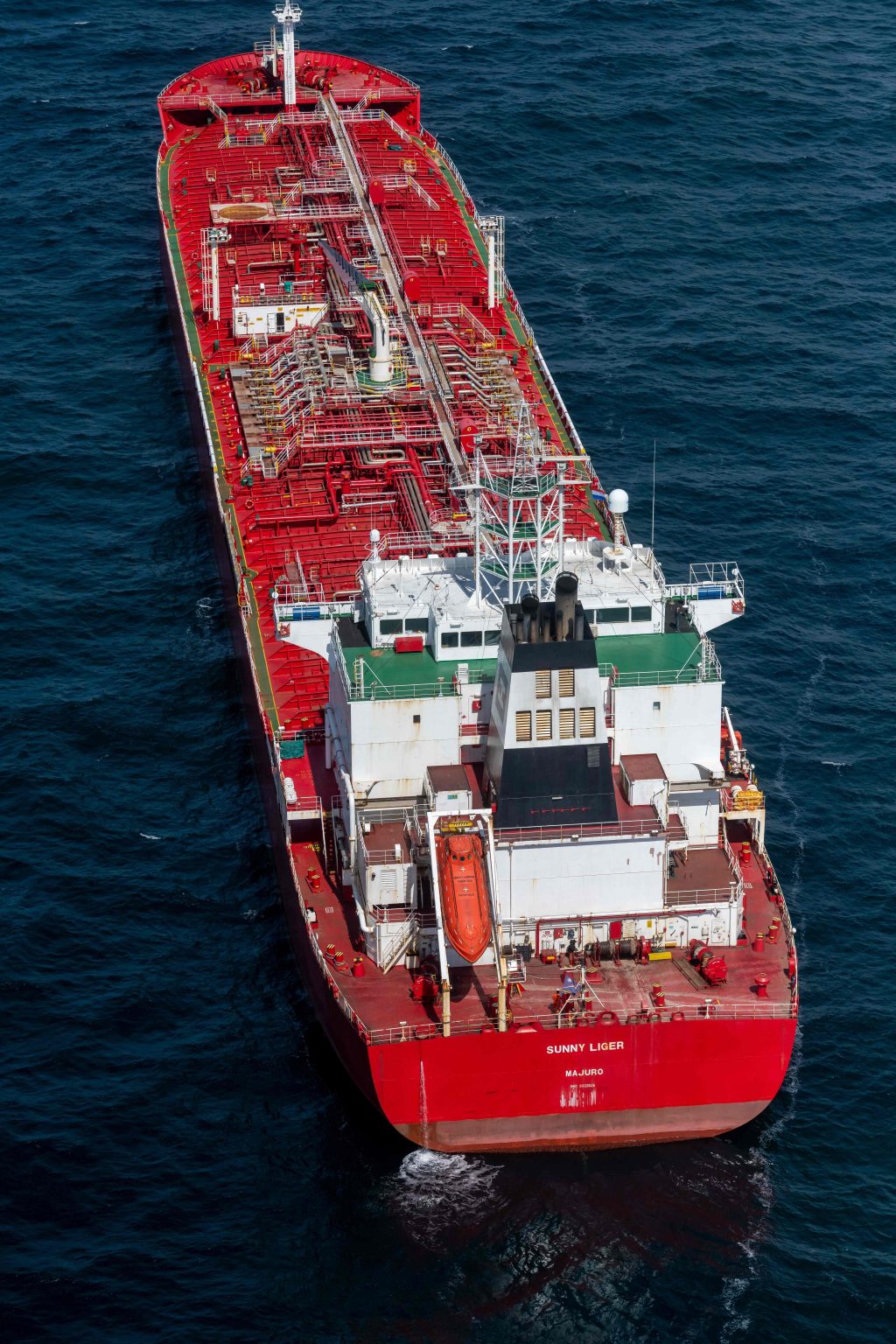- Dutch and Swedish dockers refused to unload a tanker carrying Russian diesel, a union official told Bloomberg.
- The official said dockers acted in "international solidarity" over the Ukraine invasion.
- The tanker is now anchored off the coast of Amsterdam, ship-tracking data shows.
Dutch and Swedish dock workers refused to unload a tanker carrying Russian diesel because of "international solidarity" over the Ukraine invasion, a union leader said.
Niek Stam, head of the maritime division of the Federation of Dutch Trade Unions (FNV), told Bloomberg that the tanker, Sunny Liger, was denied entry to one port in Sweden and two ports in the Netherlands.
"If dock workers somewhere else in the world refuse the cargo we will also refuse," Stam said. "We do that on the basis of international solidarity."
The tanker is currently anchored off the coast of IJmuiden, not far from Amsterdam, according to ship-tracking data from Marine Traffic.
The Sunny Liger, which sails under a Marshall Islands flag, left the Russian port of Primorsk on April 24, according to Marine Traffic. It had picked up 60,000 tons of diesel in Primorsk, per tracking data cited by Bloomberg.
The tanker then made its way to a port in Sweden, where it was denied entry, and was later refused entry from the Dutch ports of Rotterdam and Amsterdam, Stam said.
Given that the Sunny Liger has a Marshall Islands flag, it isn't subject to sanctions against Russia and therefore isn't officially banned from arriving in EU ports. Dutch Foreign Minister Wopke Hoekstra said Friday that the tanker's cargo isn't barred.
The Dutch Ministry of Foreign Affairs didn't immediately respond to Insider's request for comment.
European Union nations are trying to figure out how to wean themselves off Russian oil and gas, with talks on the matter set to take place this week. Russia supplies about one-third of the EU's oil and gas.
Germany, which purchases around 25% of its oil from Russia, has said it's now prepared to stop buying Russian oil.
The US baned Russian energy imports back in March and the EU has announced a ban on Russian coal.

